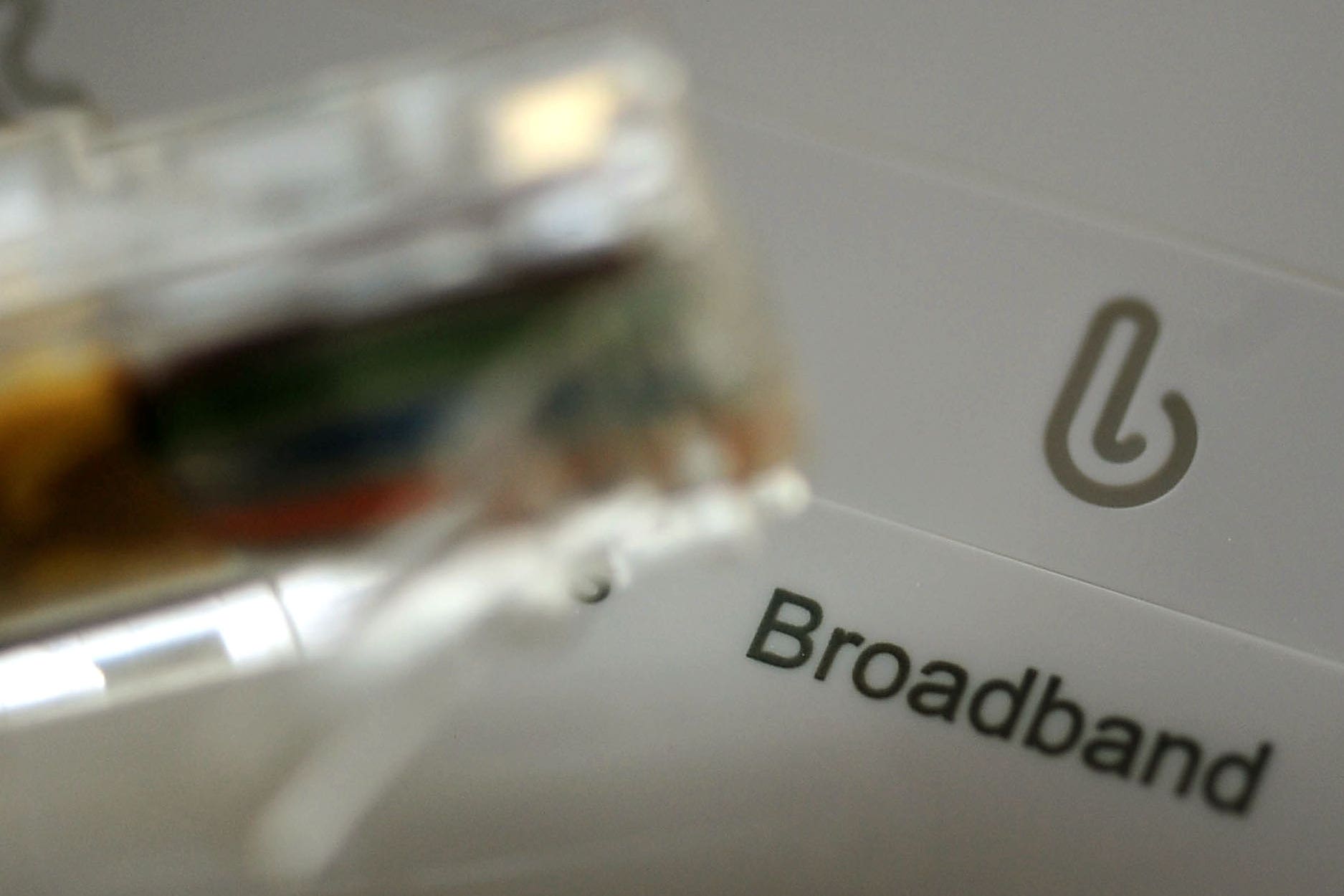
Vulnerable pensioners and disabled people fear they could be left at risk as the UK phases out the landlines they rely on.
Telecom companies BT, Sky and Virgin Media are in the process of switching their customers over to a new digital internet-based systems.
For people like Heather, who has severe osteoarthritis, her landline is a lifeline if she were to become stuck in the lift that helps her move around her Suffolk home.
“I live on my own and I’m very concerned about all this,” she told The Independent. “If I get stuck in the lift or if I become ill for any reason, I need my landline to be able to contact people for help.”
The 71-year-old has struggled with pain in her legs for years and had a knee replacement in 2015, but continues to suffer with discomfort as a result of her condition.

Her house was designed to accommodate her needs in 2018, as she is unable to climb stairs easily. Not only does her landline connect her to the outside world, she also uses it as a “safety precaution”.
On a few occasions, her lift has broken down and she once became trapped inside. Thankfully builders working on her property were able to free her but without someone on hand to help, her landline would be her only way to raise the alarm.
“The government should be holding fire on this, as a society we’re not ready,” she said. “I’m reasonably OK on IT and I have an iPhone but I don’t carry it around, and in a lot of places near me there is very little signal.
“I have friends who are still not aware that the landline is going to go in a couple of years. There are hundreds and thousands of people with no IT experience who depend on their landlines.”
The majority of UK customers are expected to switch over to digital by the end of January 2027 as the analogue landline network is becoming increasingly difficult to maintain and repair.
Rather than using copper wires, phone services will rely on broadband. However, that has raised concerns among the older generation and those who rely on personal alarms, which are synced to their landlines.
One of the biggest challenges facing telecom companies is that not everyone in the UK has access to high-speed internet, while also ensuring that the new system will continue to operate during power cuts.
In 2023, telecom companies temporarily halted non-voluntary switchovers after several personal alarms failed during emergencies. These devices are designed to automatically call emergency services if a vulnerable person falls ill, and are used by around two million people.
In January, Openreach announced another 163 locations across the UK where copper-based cable networks will cease to work, affecting around 960,000 people.
Campaigner Dennis Reed said that his organisation, Silver Voices, which advocates for the older generation, were “very concerned” about the rollout, and described the government’s decision to push ahead with the plans as “reckless”.
“It’s not just people with personal alarms, it’s all the other people in their 70s, 80s and 90s who are at risk of having a stroke or a heart attack – they need more help than others,” he said.
“When they can assure me that it is perfectly safe, I’ll be happy, but there’s still a lot of questions to be answered. It’s a recipe for disaster asking older people to switch over to digital if they don’t even understand it.”
A Department of Science, Innovation and Technology spokesperson said: “Migrating unreliable landlines to a digital system is vital because the ageing network is increasingly unsafe and putting vulnerable people at risk. So far over half of landlines have been upgraded to the new system.
“While this switchover is industry-led, providers have agreed to government demands for a strict checklist of safeguards before migrating vulnerable users
“These include multiple communications to those affected, an engineer visit, minimum battery back-up requirements, and proactively identifying telecare users. Anyone who has a personal alarm should contact their phone company during the upgrade.”
Major broadband providers outperformed by smaller rivals in annual survey
Fears for health of British couple held by Taliban as ‘trial delayed’
Ed Sheeran writes urgent open letter to Keir Starmer for music education funding
Moment Rachel Reeves reveals how many civil service jobs will be cut
Thunderstorms, hail and heavy rain to follow warmest spring equinox in 50 years
Inside the fragile harmony between rural town’s locals and the ‘down from Londons’







